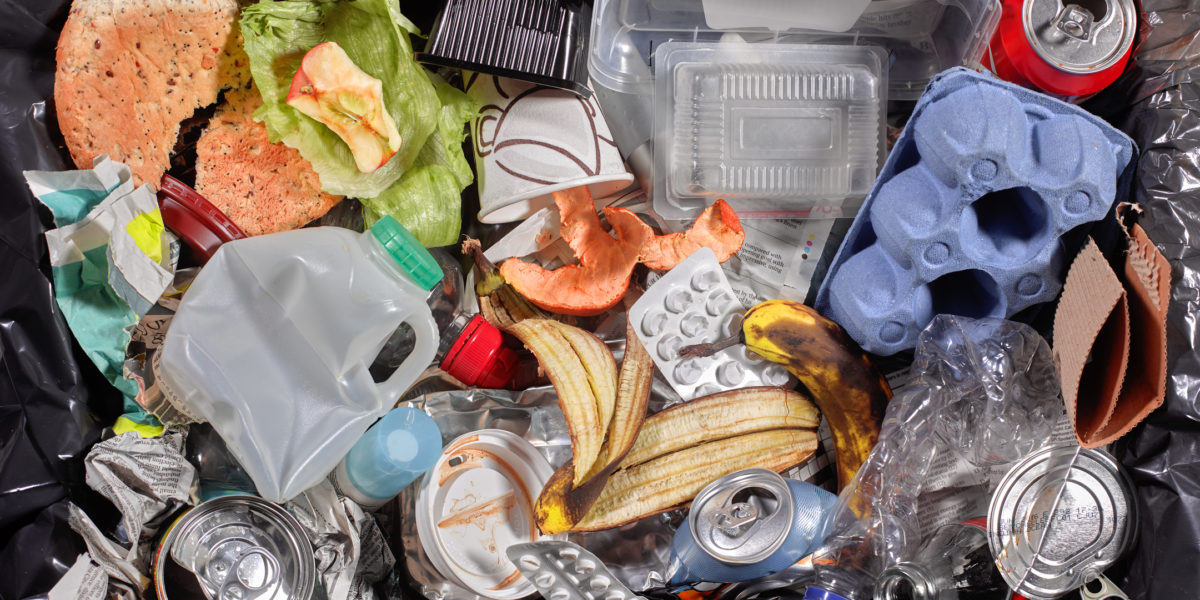Thai National Park Mails Garbage Back to Littering Visitors—U.S. Parks Should Do the Same
The practice would be well worth adopting in the U.S.


Leave no trace.
That common outdoors practice has suffered in recent months as inexperienced campers flee their havens of apartment boredom in an effort to spice up an existence overshadowed by the ominous cloud of COVID-19.
Park rangers have pointed at the poor practices of novice outdoors enthusiasts as the cause for overcrowding, vegetation damage, and an influx of garbage from those ignoring the most elementary cleanup protocols.
But how can parks best enforce standards of cleanliness when so many visitors appear incapable of picking up after themselves?
Thailand may have the answer to that question: Mail the waste back to those who failed to dispense of it properly.
That’s what country’s Minister of Natural Resources and Environment Varawut Silpa-archa decided to do after visitors trashed campsites at Khao Yai National Park, an 837-square-mile space in central Thailand that reopened July 1—with reservations required—after shutting its gates following due to the pandemic.
Silpa-archa announced the return-to-sender decision in a Sept. 15 Facebook post, saying, “The garbage that tourists left in the park is now packed into the box. It’s ready to be returned to the owner of the garbage.”
The post was accompanied by photos of trash packed into boxes, with a note that read, “You forgot something at Khao Yai National Park.”
Negligent or inconsiderate behavior in Thailand’s parks, like littering and intoxication-fueled disruptiveness, can result in visitors being kicked out and handed steep fines ranging from the U.S. currency equivalent of $3,000 to $16,000, Silpa-archa wrote.
Some of the worst offenders may also be subject to a jail sentence of up to five years.
“We applaud Khao Yai National Park and The Minister of Natural Resources and Environment for their commitment to maintaining the beauty and wellbeing of our country’s natural resources,” Charinya Kiatlapnachai, Thailand’s director of tourism, said in an email to the Washington Post.
“Thailand’s national parks and wildlife have had time to recover from damaging results of tourism such as littering over the past six months and this gesture has the best of intentions to ensure we all do our part to help our country remain clean, safe and beautiful.”
Silpa-archa echoed that sentiment, writing that he hopes the improvements become Thailand’s “new normal.”
“Travel with conscience,” he wrote. “Let’s maintain cleanliness and save the environment. Because from now on, we will take strict legal action.”
A practice well worth adopting.